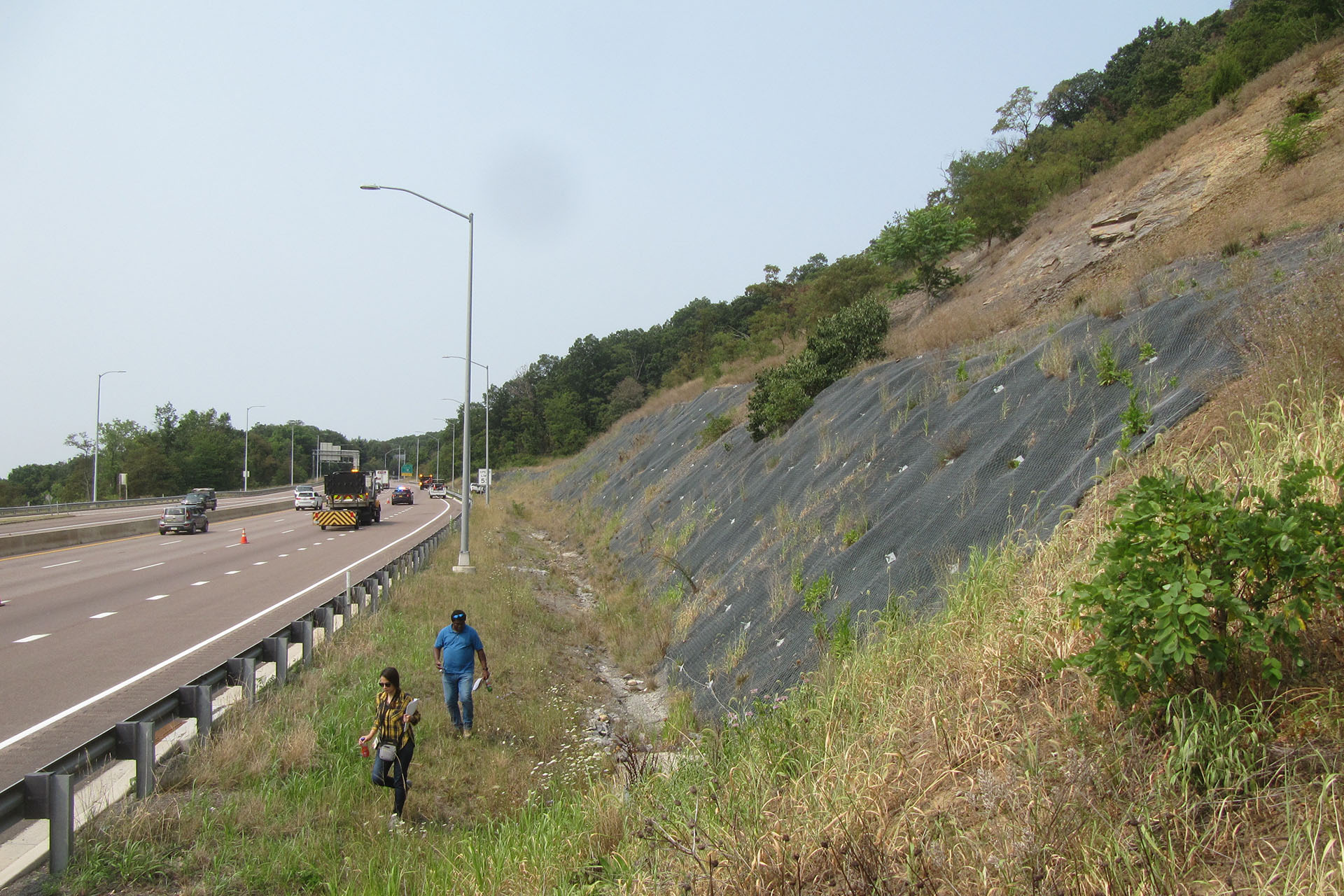Morgan State Collaborates with Carnegie Mellon University to Establish “Safety21” University Transportation Center Focused on Improving Transportation and Associated Technologies
5-Year, $20 Million USDOT Grant to Support Multi-University National Consortium Research Effort
Baltimore — Recognized for being one of the foremost universities producing innovative and experiential research in transportation, Morgan State University has been selected to collaborate in a national, multi-university consortium focused on ensuring that autonomous, networked, shared, and integrated transportation technologies and systems are developed and deployed with an emphasis on safety, equity and sustainability. Led by Carnegie Mellon University, the consortium, collectively, will receive $20 million over the next five years from the U.S. Department of Transportation (USDOT) to establish Safety21, a new University Transportation Center (UTC). For its part, Morgan will receive $1.5 million to research where and how landslides may occur along the highways and roads using geomechanics analysis and artificial intelligence/machine learning methodologies.
“Under the leadership of Carnegie Mellon University (CMU), UTC Safety21 provides a unique opportunity for Morgan faculty to incorporate geohazard prevention and AI/Machine Learning in ensuring the safety of transportation systems from different perspectives,” said Jiang Li, Ph.D., chair of the Department of Civil and Environmental Engineering and professor of civil engineering. “It also helps us enhance our collaboration with CMU and other participating institutes within the consortium and beyond as well as stakeholders within the region in future workforce development and faculty development.”
As the transportation sector continues to evolve, it has become imperative for the U.S. to remain at the forefront of developing new technologies and providing training for the transportation workforce. According to Global Transportation Trends 2022, governments are faced with managing a mixture of old and new challenges associated with the modernization of transportation systems. To address these issues, researchers are focusing on sustainability; shifting to electric vehicles (EV); expanding equity and inclusion efforts by way of investment and design; making transportation networks more resilient to cyber and climate-related threats; and forging better systems to scale digital innovations with the transportation industry.
The Safety21 UTC will employ a holistic approach to address these challenges while advancing the nation’s transportation infrastructure. Part of this approach will include seeking inclusive input from stakeholders, including communities, workers, users, vehicle manufacturers and researchers.
In addition to Morgan and CMU, the consortium includes Ohio State University, the University of Pennsylvania, and the University of Texas Rio Grande Valley. Additional partners, the Community College of Allegheny County and the Community College of Philadelphia, will receive support for innovative workforce programs.
Under the leadership of Dr. Li, Morgan will perform research exclusively on geologic hazards and how natural phenomena are capable of inflicting harm and destruction to transportation infrastructure, while threatening property and human life along highways and roads. This includes examining slope failures, landslides, mudflows, debris flows, land subsidence, earth issues, earthquakes, and soil liquefaction. Landslides alone are responsible for thousands of deaths and billions of dollars in damages every year.
Both graduate and undergraduate students will be recruited to participate in research activities and exchange programs, preparing the future workforce for disaster reduction. Additionally, participating Morgan faculty will be able to engage in the exchange of ideas and research with the other partner institutions, by way of meetings and seminars.
The completed research will help the Maryland State Highway Administration and other state transportation agencies to develop guidelines for preventing and mitigating landslides, thereby avoiding damages, minimizing the economic impacts, and ensuring the safety of transportation systems.
Morgan is the first HBCU to operate a DOT-designated National Transportation Center (NTC), overseeing a robust portfolio of transportation research projects for more than 30 years. Currently operating within the Clarence M. Mitchell Jr., School of Engineering (SOE), the NTC works with governments as well as public and community partners, to facilitate innovation, strategic planning, and the development of a diverse transportation workforce in the Mid-Atlantic.
About Morgan
Morgan State University, founded in 1867, is a Carnegie-classified high research (R2) institution offering more than 140 academic programs leading to degrees from the baccalaureate to the doctorate. As Maryland’s Preeminent Public Urban Research University, and the only university to have its entire campus designated as a National Treasure by the National Trust for Historic Preservation, Morgan serves a multiethnic and multiracial student body and seeks to ensure that the doors of higher education are opened as wide as possible to as many as possible. For more information about Morgan State University, visit www.morgan.edu.
# # #
Media Contacts:
Cheryl Stewart or Dell Jackson, for University PR
443-885-3022
Contact Information
Office of Public Relations & Strategic Communications
1700 East Cold Spring Lane
McMechen Hall Rm. 635
Baltimore, Maryland 21251
Contact Information
Office of Public Relations & Strategic Communications
1700 East Cold Spring Lane
McMechen Hall Rm. 635
Baltimore, Maryland 21251


